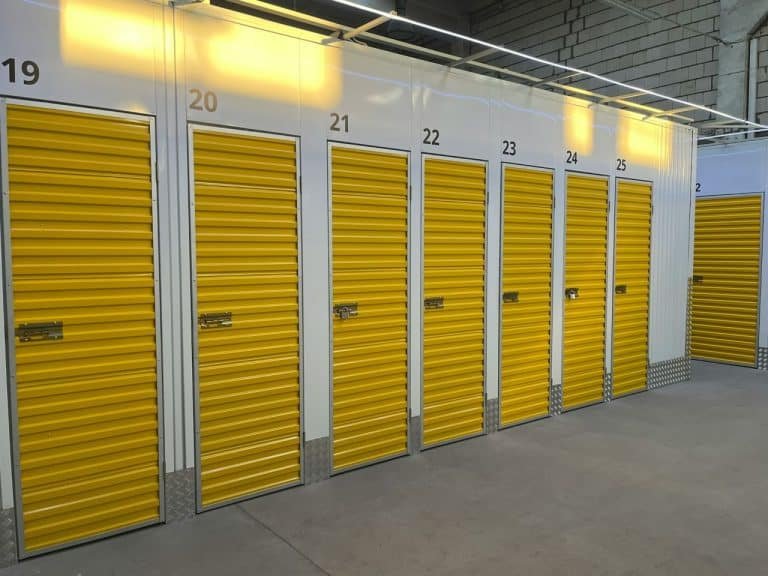How to Operate as a Business Without an Office

The whole transfer process can be complicated and time consuming, and for many, it is difficult to know where to start or to understand quite how their business can work without their current office set-up. Considering making some big changes but not sure where to begin? Below is a quick guide explaining how to operate as a business without an office.
1. Work from home, on the go or in a shared space
…or all of the above. The great thing about not having a permanent office space is freedom of choice and flexibility, which can really improve your state of mind and therefore help you to work more effectively. Working from home is becoming increasingly popular, though many may find it difficult to focus in a familiar and cosy environment. Working on the move, in coffee shops or cafés, for example, can be great, as any home comforts or major distractions are removed, and most places now have WiFi available free of charge.
Alternatively, shared spaces, such as rent as you go desks and business spaces, are becoming more and more common and provide a relaxed yet encouraging environment for both management and employees in which to work and run a business with other fellow freelancers without the burden of your own office.
2. Holding meetings
With things like Skype and video-conferencing being so advanced and widely used, most business correspondence can now be done via telecommunications or email, and webinars allow businesses to host presentations or discussions with ease. Plus, when necessary, you can still hold formal meetings and be as professional as ever without an office. If you need to hold an important meeting, be it with your staff, management or with clients or customers, you can simply hire a business meeting room to do so. These are usually available by the hour or day, making them relatively inexpensive, especially when compared to the costs involved in running an office.
3. Making your office virtual
There are all kinds of gadgets and pieces of equipment worth investing in or looking into to help you run a virtual office, for example mobile Internet dongles and routers, remote cloud storage, netbooks, affordable tablets and smartphones. Plus, as aforementioned, WiFi is readily available almost everywhere and will only becoming more so in the future.
4. Get a mobile secretary
You can be your own secretary, taking calls on the go by diverting everything to your mobile, or you can hire someone to take calls on the go and then communicate any information over to the necessary person via email, phone calls or video calls. Without an office, you essentially get rid of the need for a secretary in the traditional sense, so this is another thing you can add to the ‘cutting back on costs’ list.
4. Set up a PO Box or buy an address
If you need somewhere to receive physical mail or for people to post you returns and so on, it is worth investing in a PO Box address or paying another office a fee to use their address for such correspondence. As more and more businesses need this kind of service, it is increasingly available, and for competitive prices.
These are just some of the essentials to get you started. Building an online business is a difficult but exciting task, and once you are on the roll, you will see just how easy things can be.
Sources:
http://www.theguardian.com/small-business-network/2013/oct/16/cloud-technology-offices-obsolete
https://www.elance.com/q/blog/2011/11/how-to-run-your-business-without-an-office.html
http://blog.peopleperhour.com/blogroll/how-to-run-your-business-without-an-office/
Mark writes on a number of topics relating to the world of business. He has worked in B2B marketing for over 7 years.






